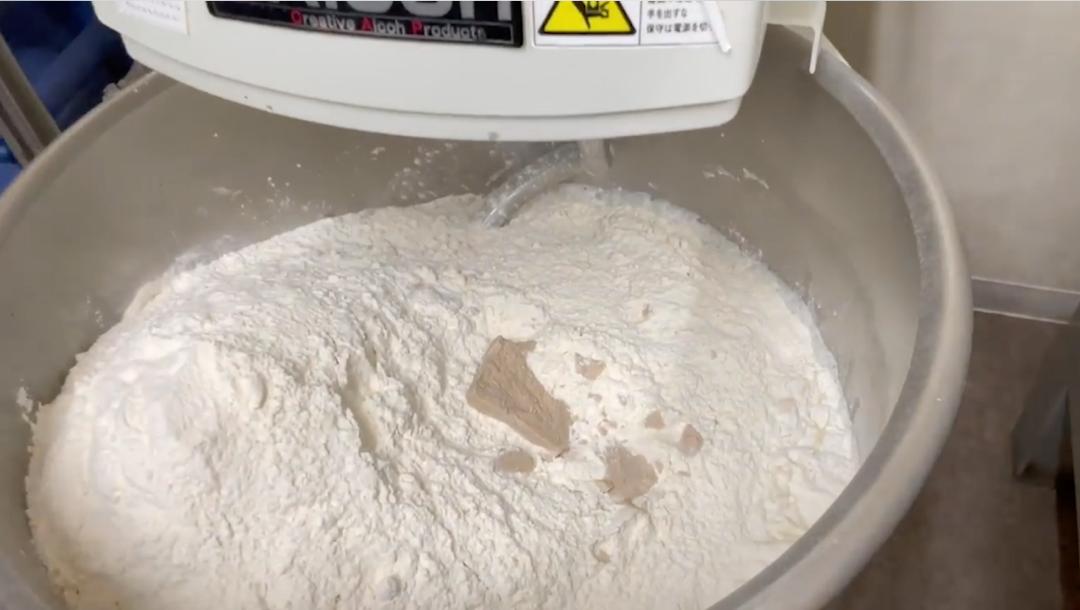Is the bread you eat safe?
Bread has been a food staple for humans for thousands of years, and is rich in carbohydrates, fibre, vitamins and minerals. However, nutritionists warn that some modern additives could be hazardous to consumers.
An example is Calcium Sulphate, a common additive used in making bread. It acts as a preservative, helping to extend bread’s shelf life and reduce the risks of spoilage.

However, medics say that whereas calcium is an essential mineral in the human diet necessary for building strong bones and teeth, the use of Calcium sulphate as an ingredient in bread making raises safety concerns.
According to Dr. Paul Kasenene, a medical doctor and nutrition expert, any time you put additives in your food, you’re bound to create challenges.
 Dr. Paul Kasenene
Dr. Paul Kasenene
“The problem we have with this calcium sulphate and calcium in general is that while it’s good for your bones, it ends up in blood vessels, thereby causing heart problems.”
Consumption of Calcium sulphate has also been linked to allergy and sensitivity reactions and heavy metal contamination among negative side effects.
Perhaps even more shocking for bread lovers, this compound is also a key component in the manufacture of construction materials.
“Calcium sulphate is the main component in making gypsum boards, it has a multitude of uses in different sectors,” reveals Prof. Yusuf Byarugaba, a Food technologist at Makerere University.
However, Byarugaba says the amount used in bread is minimal and calculated to ensure it is safe for human consumption.
But Dr. Paul Kasenene, a medical doctor and nutrition expert says the trouble with bread goes beyond additives to the processing of the wheat used to make bread.
“Most times people eat bread made with refined wheat and even add sugar. When you get wheat and refine it, you remove the nutrition, you remove the fibre, and what you’re left with is wheat flour that is basically just carbohydrates,” he says.
Consumed in moderation, bread can be enjoyed as part of a healthy diet.
“The nutrition value of bread ranges from carbohydrates, fibre, vitamins and minerals. Many families consume bread, for breakfast, and other meals in the day,” Byarugaba says.
However, experts advise that it's best to pick healthier options like whole-wheat bread and pair it with a balanced diet for maximum health benefits.
“People need to understand that many years ago, bread used to be a big part of people’s diets. The type of wheat we use today is called ‘dough wheat’. It is high in gluten and is very harmful to our digestive system. If you want to eat bread, it should be that made with whole wheat grain,” Kasenene advises.













